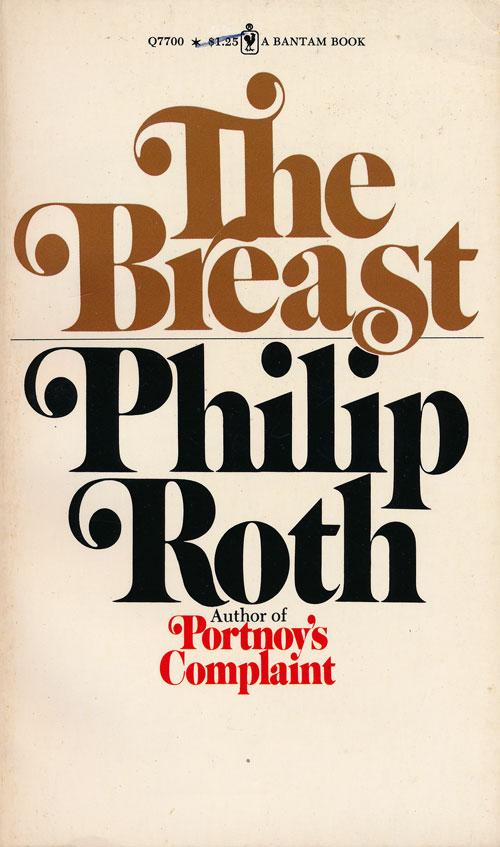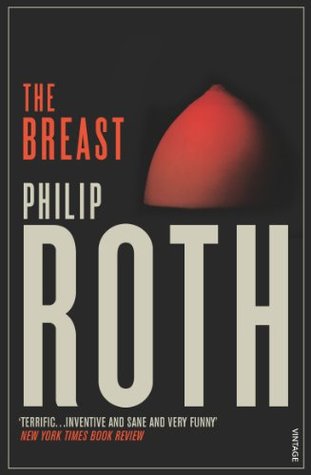

And for both, he wants to retain all paperback rights. For The Breast, he seeks an advance of $225,000 for The Great American Novel, $236,250. If the terms were not acceptable, he would go elsewhere. Importantly, he wanted each title dealt with separately. If their best offer was acceptable, he would instruct Klein to draw up a contract. On 14 April 1972, Roth, now representing himself, detailed submission and royalty requirements for two new books to Epstein and Random House following Our Gang: The Breast and The Great American Novel.

Garbus was particularly worried that Roth would lose money in the event that a paperback came out prior to six months after the date of a hardback publication. Initiating the break with Random House was a disagreement over a new paperback contract with Bantam in October 1971. Either Klein or his partner, Martin Garbus, will now negotiate and/or advise Roth. Klein to Epstein announces that Roth’s agency representation is over. A note dated 7 February 1972 from his lawyer Arthur J.

What essentially precipitated the shift was Roth’s disappointment with his agent Candida Donadio. A story in the Book of the Month Club Newsletter entitled “The Letting Go of Random House by Philip Roth,” reported the break, although the major players disputed the narrative. They had both been at the University of Chicago and likely crossed paths several times in the world of New York publishing, and when Roth began to question his relationship with Random House, initiated by his disappointment with their response to his financial demands as he was completing Our Gang, he began to consider alternatives. After Portnoy, in fact, Roth never earned back his advances and did not have a bestseller again until The Plot Against America in 2004.īut Roth had a fan in Aaron Asher, who was then an editor at Holt. Holt, Rinehart and Winston were more receptive to his demands for larger advances than Random House, which, frankly, found him too expensive. In the year or so between Our Gang (1971) and The Breast (1972), there was an important change for Philip Roth but one that marked a pattern: he switched publishers, something he would continue to do throughout his career.


 0 kommentar(er)
0 kommentar(er)
